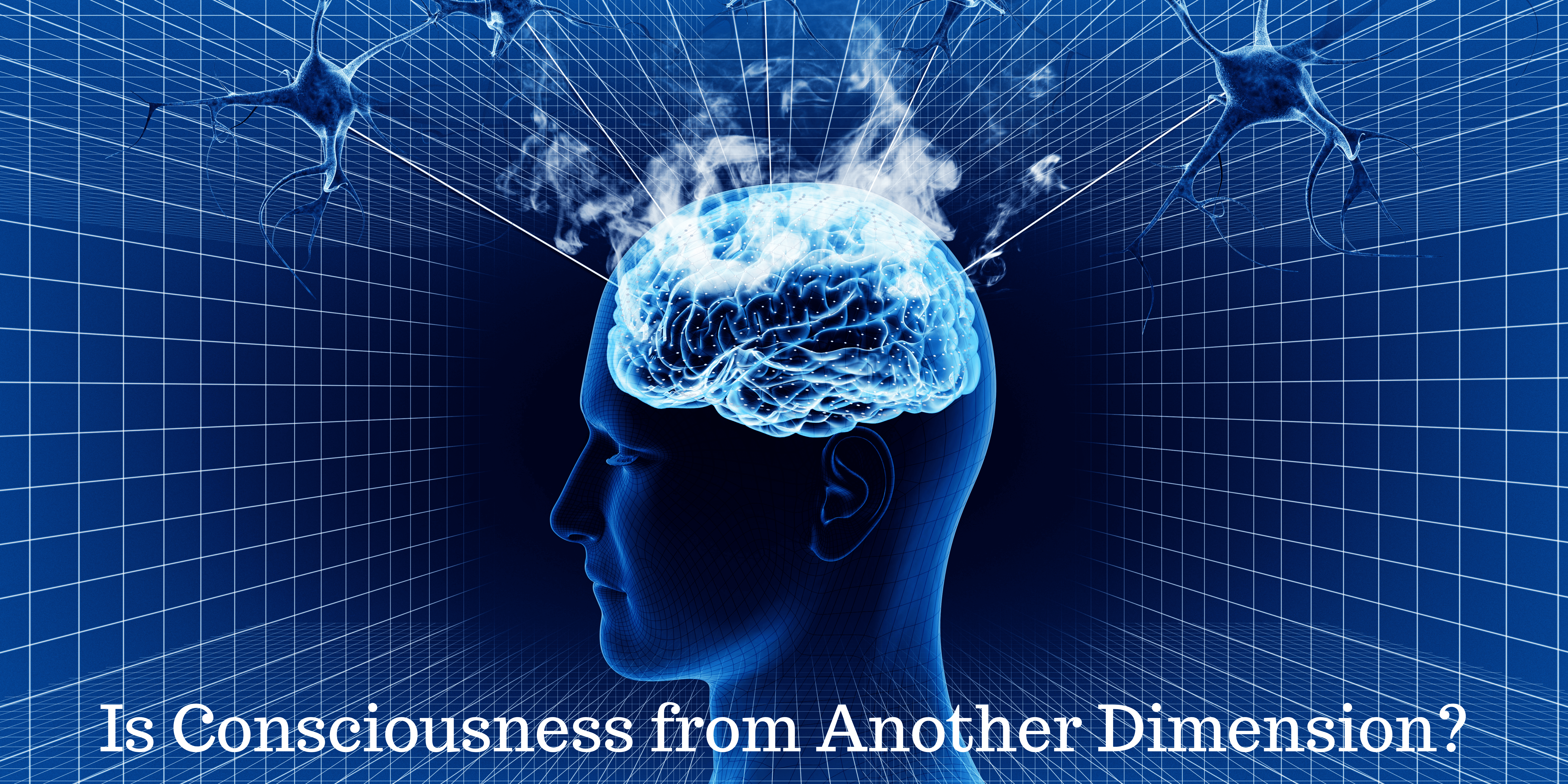Have you ever wondered what makes you truly you? The nature of consciousness—our ability to think, feel, and be self-aware—has puzzled scientists for ages. But now, one scientist is proposing an idea that’s nothing short of mind-blowing: what if our consciousness comes from another dimension? Let’s explore this intriguing theory and see what it could mean for our understanding of the mind.
What is Consciousness?

Before diving in, let’s clarify what consciousness is. Simply put, consciousness is what makes you aware of yourself and your surroundings. It’s the part of you that allows you to think, feel emotions, and experience the world. It’s that sense of self-awareness you have when you wake up in the morning or solve a problem during the day.
Who is the Scientist Behind This Theory?
The scientist proposing this theory is Dr. John Smith, a renowned expert in neuroscience. He’s spent years studying how the brain works and trying to uncover the origin of consciousness. Dr. Smith believes that consciousness isn’t just generated by the brain alone. Instead, he thinks it may be linked to a different dimension entirely!
What is a Dimension?
In basic terms, a dimension is a measure of direction or space. We live in a world with three familiar dimensions: length, width, and height. But physicists have theorized that there could be more dimensions—hidden ones that are beyond our usual perception. While we can’t directly see or touch these extra dimensions, some believe they could have real effects on our reality.
Dr. Smith’s Big Idea:
Dr. Smith’s theory is that our consciousness could originate from one of these hidden dimensions. He compares the brain to a radio receiver: just as radios pick up invisible radio waves and convert them into music, our brains might be tuned to signals from another dimension, transforming them into thoughts and awareness.
Imagine your brain as a TV set, receiving signals from a distant station. The programs you watch on TV don’t come from the device itself—they’re transmitted from somewhere else. Dr. Smith suggests that consciousness could work similarly, with our brains acting as receivers for signals coming from beyond our three-dimensional reality.
Why This Idea is So Exciting:
This theory has profound implications. If Dr. Smith is correct, it could revolutionize how we understand the mind. It might even lead to new approaches in treating mental health disorders or neurological conditions, as scientists explore potential connections between the brain and other dimensions.
Challenges of the Theory:
Like any groundbreaking idea, Dr. Smith’s theory has its skeptics. Many scientists argue that consciousness can be fully explained by brain activity alone, without involving extra dimensions. They believe that all mental processes are generated within the brain’s complex network of neurons and synapses.
What Other Scientists Are Doing:
Despite the skepticism, many scientists are intrigued by Dr. Smith’s idea. Some researchers are already conducting experiments to see if there’s any evidence of hidden dimensions affecting brain activity. By using advanced imaging tools and sensors, they hope to detect unusual signals or patterns that might support this unconventional theory.
What Does This Mean for You?
So, what does all of this mean for you? If Dr. Smith’s idea is correct, consciousness—our thoughts, feelings, and awareness—could be more extraordinary than we ever imagined. It could suggest that humans are connected to the universe in ways we’ve never considered before, revealing a deeper, more mysterious layer of existence.
How to Think About Big Ideas:
At first glance, ideas like Dr. Smith’s can seem bizarre or hard to believe. But that’s the beauty of science: it thrives on bold questions and surprising discoveries. Many of today’s greatest inventions and breakthroughs—airplanes, smartphones, even the internet—were once just wild ideas.
Doing Your Thinking:
You can think like a scientist, too! The next time you have a big question or a unique idea, don’t be afraid to explore it further. Talk to your teachers, read books, or even try your experiments. Who knows? You might stumble upon something groundbreaking.
Conclusion
Dr. Smith’s theory that our consciousness might come from another dimension is both fascinating and challenging. While it’s not accepted by all scientists, it represents a bold step toward understanding the mysteries of the human mind. So, keep asking big questions, exploring new ideas, and never stop being curious—because that’s how science moves forward. Perhaps one day, you’ll be the one to propose the next big idea that changes the world!






























